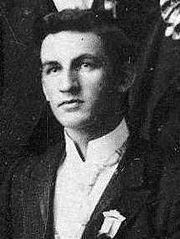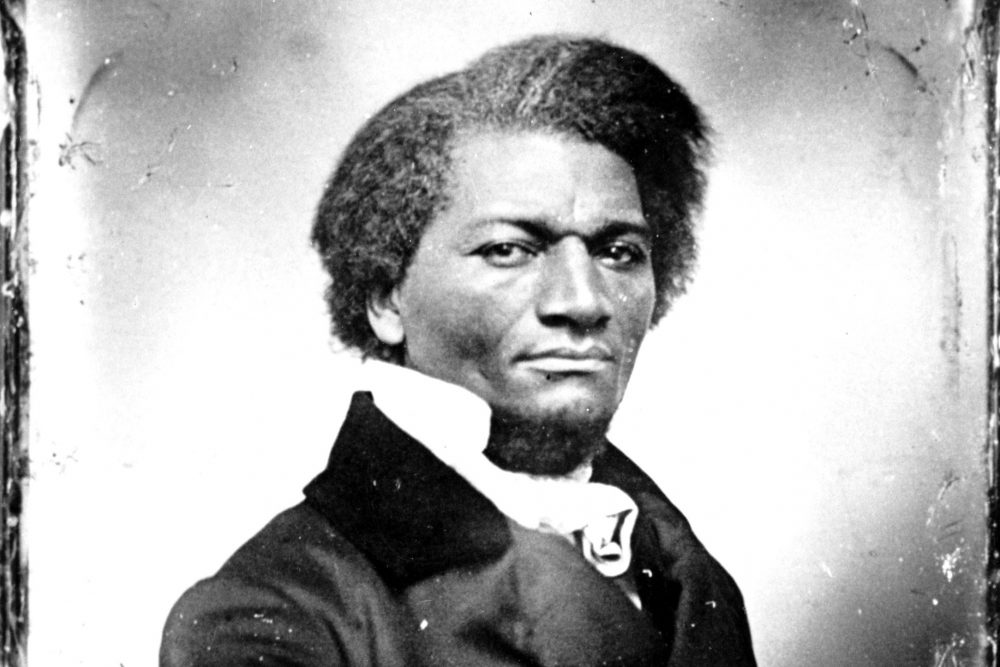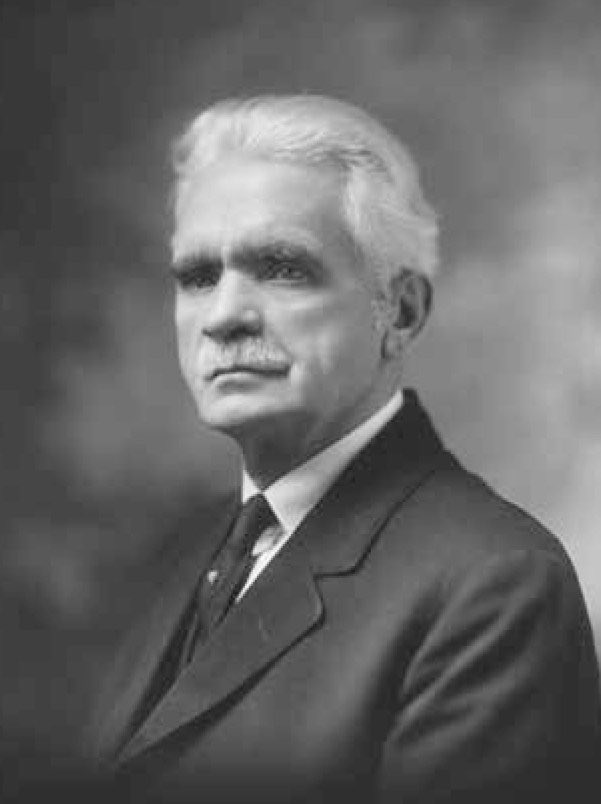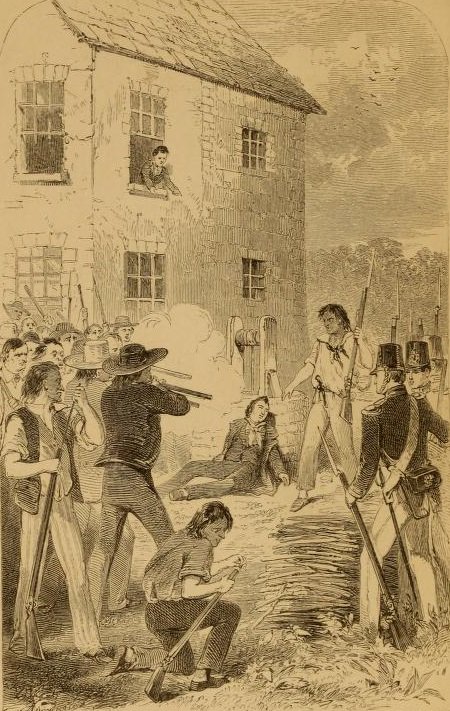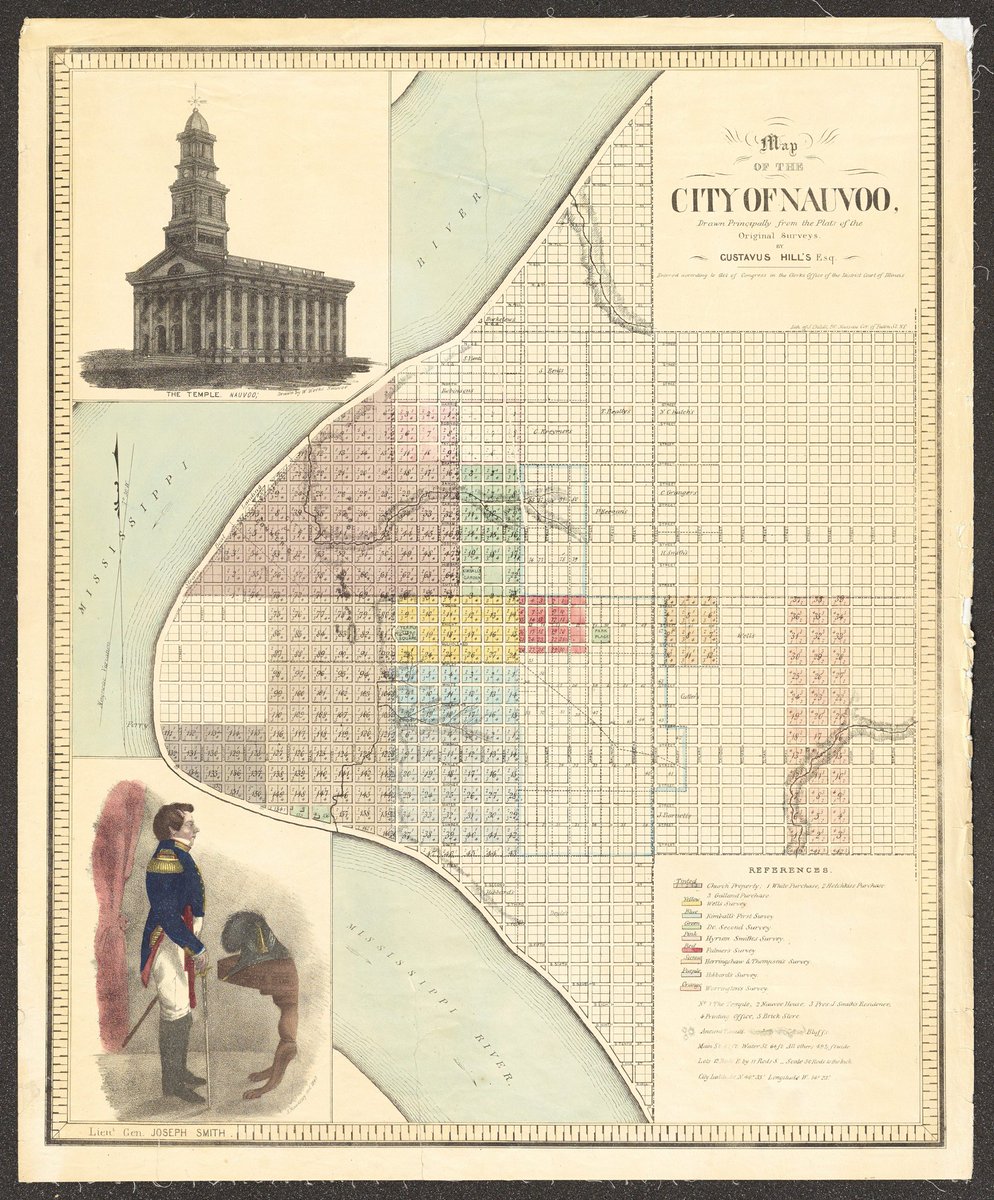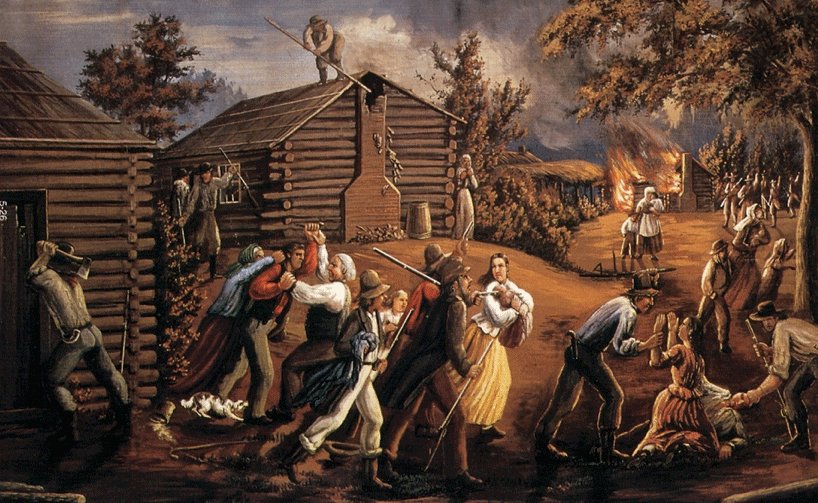
I vividly remember my American Heritage teacher at BYU spending an entire week arguing why raising the minimum wage would not only be disastrous for the economy, but a betrayal of LDS theology.
It was that moment I recognized the cultural gulf between me and many in the faith.
It was that moment I recognized the cultural gulf between me and many in the faith.
Also, there’s a great history to be written dissecting BYU’s massive American Heritage program to understand the modern Mormon mind. My textbook had an image that showed abortion rights as the first step toward atheist totalitarianism.
Also also, I’ll always remember how, after the prof spent the whole semester railing against socialist countries, an international student raised her hand and said her experience being raised in a European nation was sublime.
He proceeded to call her a liar. True story.
He proceeded to call her a liar. True story.
Finally, just to be fair: the primary reason I knew this prof was full of it was because I had a host of other profs, mostly in the English and history departments, who did a phenomenal job teaching me how to think critically and analyze my surrounding culture.
• • •
Missing some Tweet in this thread? You can try to
force a refresh




